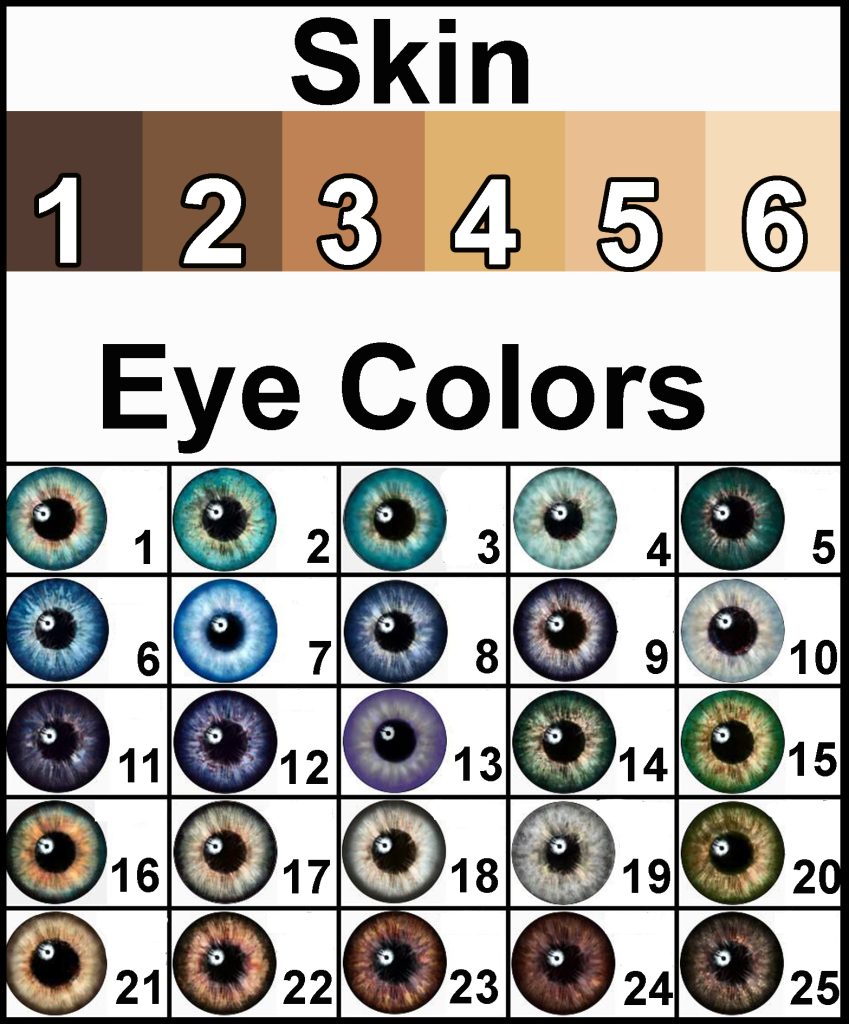DOWNLOAD PDF
(Booklet of this Page)
Right now, the game is in table-top form; moreover, it is only in the early stages of development. It is a role-playing game based upon research into issues of diversity, equity and inclusion—both in contemporary times and during the period 500-1500 BCE, globally—that generally are ignored by most role-playing games (table-top or digital). Again, we are still developing this game, but once it is developed, we plan to convert it from table-top form into an online video game.
The UNICORN Castle is a haunted place. Time, space — indeed, reality itself — are out of joint, but confined to the years 500-1500 CE and limited to the planet Earth. The player(s) experience vision quests often. Enter a room, and you may find yourself lost in twelfth-century Europe. Enter another room, and you may find yourself lost in ninth-century Asia. The halls, moreover, are haunted by ghosts of both historical and literary pasts: you might find Margery Kempe having a conversation with Sundiata Keita, or Scheherazade holding some sort of intense discussion with Prince Ram.
Our story begins . . .
You have fallen asleep and have found yourself—via dreaming—with a group of diverse people who are touring the UNICORN Castle. Along the way, the host disappears and the group finds itself lost. Your quest is to find your way back to the main entrance/exit of the castle, in order to explore other parts of the first floor of the castle, earning and/or losing points along the way.
Objectives & Game Rules
Objectives:
- To earn TOTAL POINTS. The player with the highest number of TOTAL POINTS at the end of the game is the winner.
- To develop the character. Points may be earned to develop the Character Statistics, making the character a stronger individual, which can also make it possible to earn TOTAL POINTS. Warning: it is also possible to lose points, weakening the character.
Rules
- The Game Master(s) present any number of situations and/or exhibits for a particular moment. (For example, Margery Kempe might attempt to sell the players some beer while a dragon is making loud threatening noises in the background, and suddenly Grendel’s Mother appears to try to steal Margery Kempe’s supply of beer.)
- Situations
- To each situation, a player has the choice of responding or not responding. Responding (saying something or doing something) can result in any number of total points earned or lost for that situation. Not responding can also result in any number of total points earned or lost for that situation.
- To earn TOTAL POINTS:
- If the player chooses a response (appropriate or not) to the situation, they must
- total up no more than five Character Statistics
- when appropriate or desired, choose at least one of the character’s pieces of equipment, accessories, skills, hobbies, interests, or personal characteristics. No more than two items can be chosen from each category! Roll an 8-sided die in order to determine the possible points for each item. Inform the Game Master(s). The Game Master(s)—will determine if these points will be a bonus or deduction of points
- Equipment & Accessories—a character can influence the outcome of a situation, given the right equipment.
- Skills, Hobbies, Interests—these can influence what a character chooses to do (or not do) in a particular situation.
- Characteristics—depending upon the situation and the environment, sometimes these give an advantage (bonus points) and sometimes these give a disadvantage (deducted points).
- Equipment & Accessories—a character can influence the outcome of a situation, given the right equipment.
- For each situation, the Game Master(s) must roll a 20-sided die to determine if the TOTAL POINTS will be earned or lost for each player.
- These points are to be added to the chosen Character Statistics, Equipment & Accessories, Skills, Hobbies, Interests, and/or Characteristics.
- Odd numbers are points gained, and even numbers are points lost—except when the Game Master declares the situation to be Opposite Moment. At Opposite Moment, odd numbers are points lost, and even numbers are points gained.
- Types of Situations
- A ghost of either an authentic person in history or of a literary character may appear from the mists of the castle.
- A monster may appear.
- The environment suddenly changes (from being within the castle walls to something completely unrealistic).
- Collectable objects may appear: treasure, herbs, minerals, artwork, books/scrolls, toys, jewelry, articles of clothing, pets, etc..
- If the player chooses a response (appropriate or not) to the situation, they must
- Exhibits
- The castle is also a museum, full of exhibits, from all over the world, dating from 500-1500 BCE.A player’s character (and/or the player) may choose to stop to examine an exhibit. There are two approaches to examining and exhibit for earning points.
- The Character Earns Points: If the character has a knowledge point level of 10/20 or higher, then the player can ask the Game Master(s) if the character
- stops to examine the exhibit (Game Master: use a 6-sided die with odd numbers being “yes” and even numbers being “no”.)
- if “yes” then how much the character learns from the exhibit is determined by using a 6-sided die to determine how much knowledge gained; divide the number by 4, round up to the nearest whole number and add that as point(s) to the character’s Knowledge.
- The Player Earns Points for the Character: Regardless of whether or not the character examines the exhibit, the player may choose to examine the exhibit on the character’s behalf.
- After examining the exhibit, the player takes a quiz (multiple choice, true/false).
- The player then can adds the quiz score to total Knowledge points of the character. This number is then added to the TOTAL POINTS earned thus far for the game.
- Types of Exhibits
- Literature
- Art
- Archeological
- Historical
- Etc.
- The Character Earns Points: If the character has a knowledge point level of 10/20 or higher, then the player can ask the Game Master(s) if the character
- The castle is also a museum, full of exhibits, from all over the world, dating from 500-1500 BCE.A player’s character (and/or the player) may choose to stop to examine an exhibit. There are two approaches to examining and exhibit for earning points.
The Players and their Characters
-
- Players can choose to either perform their characters or to simply describe the characters’ actions and behaviors. (Right now, we offer only people—mostly “everyday” people from medieval Europe—but the goal is to offer a global scale variety of people, as well as mythical beings and monsters.)
- Character Development/Character Sheet:
- Body and Face Description: eye color, skin color, hair color, shapes of body parts, (dis)abilities, decorations (piercings, tattoos, jewelry, etc.)

-
-
- Place of Origin and Cultural Narrative/History, Beliefs, and Philosophies: based upon items rolled, as well as information shared, develop your character in terms of its identities of :
- ethnicity
- race
- socio-economic status
- gender
- sexual orientation
- national origin
- first language(s) —and additional languages, if they have them
- emotional (dis)abilities
- physical (dis)abilities
- religious, spiritual affiliation (if any)
- philosophical perspectives
- Personal Narrative/History: how does the character’s personal narrative fit into the larger narrative of place and culture? What is the authoethnographic text, for example? Also, recognizing the obvious fact that the depth of a character’s personal narrative develops with age (history). Some examples: has this character ever been in love; has this character ever been traumatized?
-
- age

Use one 6-sided die (left side) & one 8-sided die (right side) —thus, this character’s age is 34
- age
-
- Place of Origin and Cultural Narrative/History, Beliefs, and Philosophies: based upon items rolled, as well as information shared, develop your character in terms of its identities of :
-
-
-
- Character Statistics
- Strength—the overall muscular strength of a character: 1 point is very weak; 20 points is the strongest an individual can possibly be (without steroids).
- Dexterity—the ability to manipulate items with hands (or feet): 1 point is nearly no dexterity; 20 points is extremely dexterous.
- Grace of Movement—the ability to move gracefully: 1 point is the most clumsy possible; 20 points is the most graceful possible.
- Constitution—the overall health and stamina of a character; 1 point is bed-ridden; 20 points is as close to being a superhero as is humanly possible.
- Knowledge—the amount of information a character carries within the self; 1 point is extremely ignorant; 20 points is extremely well informed.
- Wisdom
- Logic—the level of ability to rationally process and use the knowledge that a character has; 1 point is extremely irrational; 20 points is perhaps too rational (rational to a flaw).
- Common Sense—the level of ability to decipher practical matters; 1 point is extremely impractical (in general); 20 points is extremely practical (in general).
- Integrity—how honorable a character is; 1 point is criminally evil; 20 points is extreme righteousness.
- Empathy—how able a character is to understand other characters’ feelings (player characters or non-player characters); 1 point is clueless; 20 points is complete understanding (and likely impossible to have).
- Charisma—how compelling or charming a character can be; 1 point is a rude and unattractive troll; 20 points is a character who could get you to do almost anything and bring utter joy to your heart.
- Compassion—how concerned the character is for others; not to be confused with empathy but could certainly involve empathy; 1 point is completely uncaring (in general); 20 points is one who cares to the point of self-destruction.
- Self-confidence—the level of faith in oneself; 1 point is extremely low; 20 points is extremely high. This is about genuine trust in one’s abilities, not about inflated egos.
- Equipment & Accessories: For each situation, choose at least one of the below pieces of equipment and accessories, and roll an 8-sided die in order to add or subtract points from the items in parentheses beside it. The situation—or Game Master(s)—will determine if it will be a bonus or deduction of points.
- Skills, Hobbies, Interests: These can influence what a character chooses to do (or not do) in a particular situation. For points to add or subtract from the action/inaction, consult the Game Master(s).
- Characteristics: Depending upon the situation and the environment, sometimes these give an advantage (bonus points) and sometimes these give a disadvantage (deducted points). For each situation, choose at least one of the below characteristics with the rolling of a 6-sided die. Then, roll an 8-sided die in order to add or subtract total points from the action taken. The situation—or Game Master(s)—will determine if it will be a bonus or deduction of points.
- Character Statistics
-
Copyright Notice
 All players and game masters retain copyright and have agreed that their character sheets and/or game building plans (sheets, maps, etc.) published by The UNICORN Castle will be made available under the Creative Commons Attribution-NonCommercial-NoDerivs 3.0 Unported License. This means that players/game masters must: attribute the character sheet and/or building plans, may not use them for commercial purposes, and may not alter, transform, or build upon The UNICORN Castle game or materials (including the character sheet template), except to add information about a particular character.
All players and game masters retain copyright and have agreed that their character sheets and/or game building plans (sheets, maps, etc.) published by The UNICORN Castle will be made available under the Creative Commons Attribution-NonCommercial-NoDerivs 3.0 Unported License. This means that players/game masters must: attribute the character sheet and/or building plans, may not use them for commercial purposes, and may not alter, transform, or build upon The UNICORN Castle game or materials (including the character sheet template), except to add information about a particular character.
